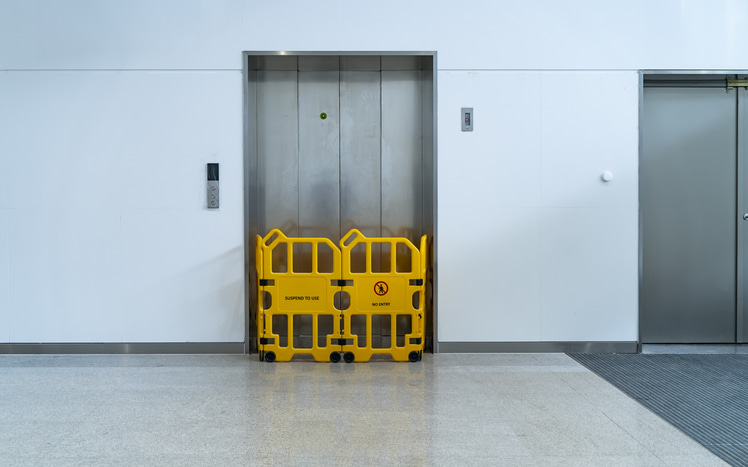
What Causes Elevator Accidents & How to Avoid Them
Elevators are a modern convenience we often take for granted. But when something goes wrong, the consequences can be serious or even fatal. Every year, thousands of people are injured in elevator-related incidents due to malfunctioning systems, human error, or poor maintenance. Understanding the causes of elevator accidents and how to prevent them is essential for both property owners and the general public. In this post, we explore the most common causes of elevator accidents, provide safety tips, and walk through the steps to take if you or a loved one is involved in an elevator incident.
Common Causes of Elevator Accidents
Elevator accidents typically stem from a combination of mechanical, operational, and human factors. Here are the most frequent causes:
- Mechanical Failure – Worn-out cables, faulty brakes, or malfunctioning motors can result in sudden drops or stops. These failures often occur in systems that haven’t been properly inspected or maintained.
- Misleveling – This happens when an elevator fails to align with the floor level, creating a trip hazard as people enter or exit. Misleveling is often linked to worn components or outdated software.
- Door Malfunctions – When elevator doors open or close too quickly, don’t detect obstructions, or open between floors, passengers are at risk of injury. Door sensors that are defective or poorly calibrated are usually to blame.
- Overloading – Exceeding the elevator’s weight capacity can strain its mechanisms, leading to breakdowns or sudden stops. Ignoring posted weight limits increases the risk of an elevator accident.
- Improper Installation or Maintenance – Elevators must be installed by certified professionals and regularly serviced. Shortcuts during installation or failure to schedule routine maintenance can result in dangerous system failures.
How to Avoid Elevator Accidents
Accident prevention starts with awareness and proactive safety measures. Here are key strategies for reducing elevator risks:
- Regular Inspections & Maintenance – Property owners should schedule frequent inspections and adhere to all local and federal elevator safety regulations. Maintenance should only be performed by licensed professionals.
- Educating Users – Many elevator-related injuries happen due to misuse. Clear signage and public awareness can help users avoid risky behavior like forcing doors or overcrowding.
- Installing Modern Safety Features – Updating older elevators with modern features such as door sensors, emergency brakes, and load sensors can dramatically reduce the chance of an elevator accident.
- Report Issues Immediately – Passengers should notify building management of any irregularities, such as jerky movements, loud noises, or delayed doors. Quick action can prevent future accidents.
Steps to Take After an Elevator Accident
If you’re injured in an elevator accident, it’s important to protect your health and your legal rights. Take the following steps:
- Seek Medical Attention – Prioritize your health, even if injuries seem minor. Some injuries may not show symptoms immediately.
- Report the Incident – Notify building management or the property owner right away. Ask for a written report and keep a copy for your records.
- Gather Evidence – Take photos of the scene, your injuries, and any hazards. Collect witness contact information and retain medical records and bills.
- Consult an Elevator Accident Attorney – An experienced elevator accident lawyer can help you determine who is liable, whether you have an elevator accident claim, and how to pursue compensation.
Consult With Our Elevator Accident Attorneys Today
Elevator accidents can be traumatic and costly, but many are preventable with the right precautions and timely maintenance. By understanding the risks and knowing how to respond, you can help keep yourself and others safe. If an accident does occur, an experienced elevator accident law firm can guide you through the claims process and fight for the justice you deserve. If you or someone you love has been injured in an elevator incident, don’t wait. Contact qualified elevator accident lawyers today to discuss your options and protect your future.

